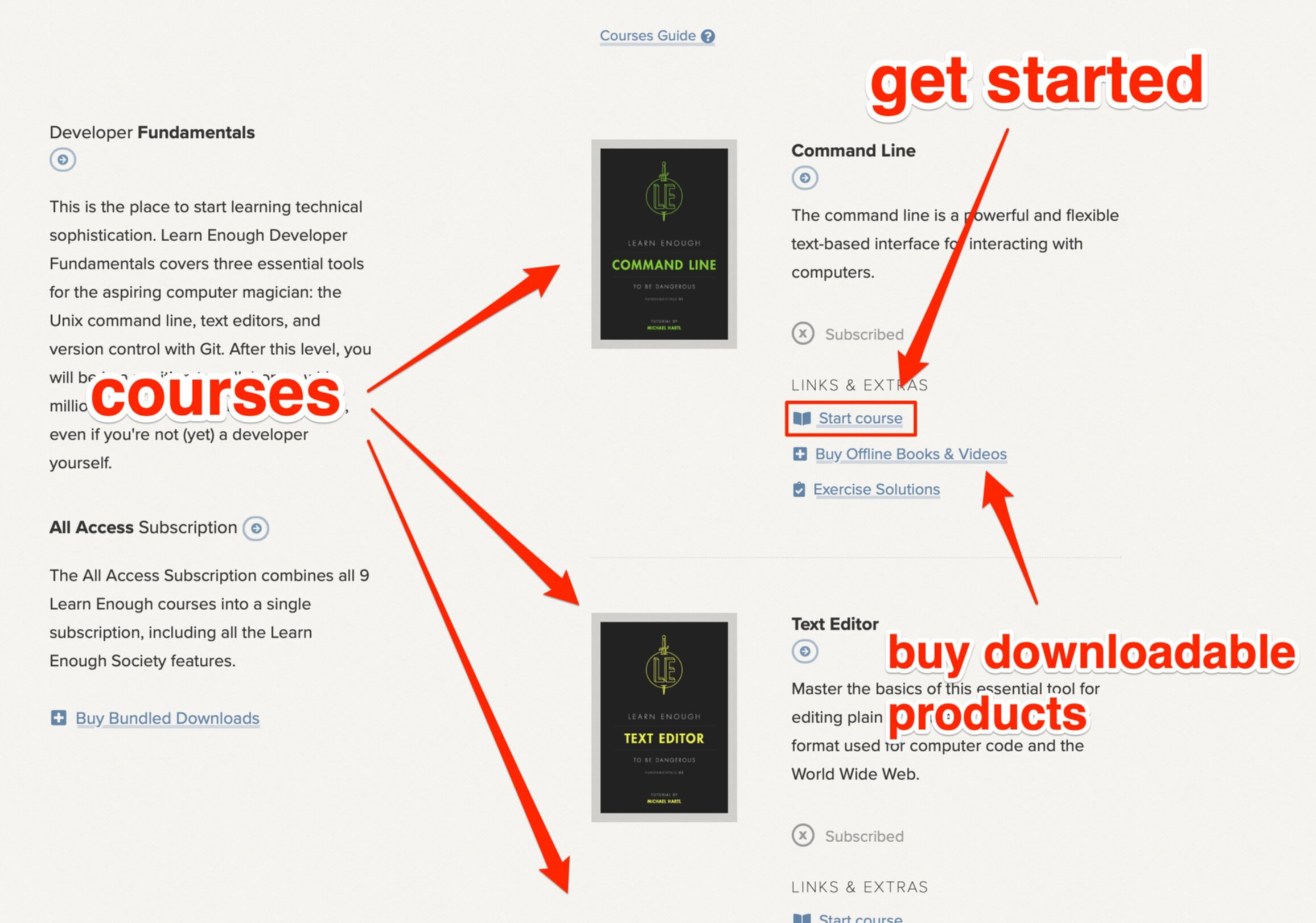
The 6 Essential Tools to Help Build Technical Proficiency
Although one can argue whether the demand for software developers is increasing or decreasing, it’s undoubtedly one of the most desired roles in the digital world. According to Evans Data Corp, there are more than 23 million software developers worldwide.
Improving your skillset is crucial in an industry as competitive as software development. Dozens of internet platforms can help individuals improve their technical proficiency and explore new fields and tools.
While learning data analysis won’t make you a better C++ developer, it will certainly help you get a more comprehensive understanding of the digital landscape and the roles of some of your coworkers.
In this article, we’ll cover some of the best tools to polish your skills as a developer and become a well-rounded expert.
What’s Technical Proficiency?
The definition of technical proficiency can differ from one industry to another. Someone working with CNC machines and a 3D modeling expert will have vastly different ideas of technical proficiency.
In this article, technical proficiency refers to one’s ability to use and leverage various technologies, tools, programming languages, and systems relevant to software development.
In the context discussed here, technical proficiency can also be relevant for multiple sub-fields or similar roles, such as web developers, SEO experts, network administrators, and others.
If you want to list technical skills on your resume or attain them, focus on the hard skills most applicable to your role. Developers can benefit from improving their technical proficiency in:
Problem-solving
Cybersecurity
Networking
Hardware
You should first have a vision of the role you’re chasing and then find the right technical skills you should learn to attain it. The technical skills required vary from company to company and depend on the nature of the job you’re applying for.
If you’re a novice in software development, you should first focus on building the foundation and learning the basic technical skills for the desired role.
Best Platforms for Improving Technical Skills
Many developers just starting their journey might object to the industry’s complexities. However, we’re at a significant advantage compared to people who started their careers in information technology decades ago.
This is mainly due to the accessibility to valuable information, courses, and millions of posts on forums and social media that tackle specific problems that can occur during our journey.
This list presents only a portion of the numerous resource-rich platforms and provides an excellent foundation for further skill development.
1. Learn Enough

Learning how to code is arguably one of the most valuable skills in the 21st century.
The Learn Enough online courses help you build a solid foundation and then guide you through the creation of a professional-grade web application (think something similar to X, formerly known as Twitter).
Jumpstart your coding journey with complete access to all 10 Learn Enough courses.
You’ll enjoy online books, streaming videos, progress tracking, exercises, and certificates of completion. This includes the Ruby on Rails Tutorial online book and videos (print edition published by Addison-Wesley).
Last but not least, you’ll benefit from community exercise answers and premium access to a private Slack chat group for support.
2. Coursera

Software developers are intensely discussing whether formal education or online courses are more valued in the job market. Coursera is a platform that offers the best of both worlds.
This platform allows you to find courses from professionals in various fields besides software development. You can also find courses and certificates from top-notch colleges such as Stanford and Yale, as well as courses from individual experts.
Coursera allows you to take courses at your own pace or find those with scheduled sessions. Numerous free courses help enhance technical skills, but also many premium choices.
3. Codecademy

Compared to Coursera, Codeacademy focuses exclusively on software development rather than on a broad range of topics. It’s an interactive quiz-like platform where one can choose from a variety of programming languages.
They have both free and premium versions. One of the main advantages of the pro version is structured skills and career paths that can help you improve your technical proficiency for a desired role.
For example, you can choose a web development or a data scientist skill path. These structured paths provide you with all the necessary information to prepare yourself for such roles.
4. LeetCode

LeetCode is a popular online platform designed to help software developers prepare for those pesky technical interviews and improve their technical proficiency in coding skills through a series of challenging tasks.
They have over 2,000 problems covering a wide range of topics, including arrays, strings, linked lists, trees, graphs, dynamic programming, and more.
The whole experience is interactive, and LeetCode contains a collection of real interview questions from top tech companies like Google, Facebook, Amazon, and Microsoft.
If you already have key technical skills for software development, this platform can help you further improve your problem-solving and programming skills.
5. Udacity

Udacity offers so-called nano degree programs that provide in-depth knowledge and skills in specific career fields. Like other platforms, Udacity covers a wider range of different fields, allowing you to learn a broad range of skills.
Courses are taught by experienced professionals (known subject matter experts in their fields) and often work for leading tech companies.
What’s best about Udacity is that it collaborates with industry leaders such as Google and IBM, keeping its courses up-to-date with current hiring trends.
6. HackerRank

Similarly to LeetCode, HackerRank provides software developers with coding challenges and competitions that help them prepare for interviews.
These challenges and competitions target technical skills related to software development, such as algorithms, data structures, artificial intelligence, and more.
There are more than 2,000 different challenges covering previously mentioned fields. All challenges are categorized, providing software developers and enthusiasts with an adequate assessment of their skills.
Learning Soft Skills & Becoming a Versatile Expert
The previously covered platforms can help beginner and intermediate developers improve their technical proficiency. However, it’s worth covering some essential tools that can help them in their careers regarding soft skills.
Although these tools don’t directly help you become a better software developer, they help you become more well-rounded as a candidate.
1. Password Managers
Using password managers can help individuals become more aware of their internet privacy and cybersecurity. These apps allow users to generate passwords or use passkeys to log in to the websites they use daily.
Many people, even tech-savvy developers, often neglect the need for strong passwords and cybersecurity. Through using such apps, they can improve their safety while also learning secure practices.
A few years ago, to be digitally literate, you just had to know the difference between a good and bad password.
Today, with new technologies emerging, it’s a matter of time before we see widespread use of passkeys, password managers, and other cybersecurity tools. Don’t wait to up your game.
2. Meeting and Conference Tools
As mentioned, learning from developers who are above yourself in seniority is one of the best ways to improve your skills. However, how often are those lessons remembered or recorded?
Of course, it’s likely that you’ve paid attention and concentrated, but no one has perfect comprehension. Tools like the AI-based meeting minutes app allow you to record technical discussions and make accurate summaries.
This can help you revisit important meetings, shared lessons, or other valuable conferences and improve your comprehension of the topics discussed.
While this is incredible learning material for specific technical skills, it’s also great for improving yourself as a manager and a teammate.
You can leverage the recordings to gain better insight into project progress, assign them to your team members, or share valuable lessons with coworkers.
3. Scheduling Tools
With the remote work landscape growing, the chances that you’re reading this as a remote worker are significant. Although scheduling and organization skills are tough to attain even in the office environment, remote workers especially struggle with them.
Depending on the company you work for, your personal interests, your family, and your workload, finding time for everything can seem impossible. Leveraging scheduling tools to plan your day can skyrocket your productivity and well-being.
Some people are workaholics, and their workdays don’t stop at 5 PM. While we can only say kudos to them, those who struggle with work-life balance should certainly consider finding the scheduling tool that works for them.
Great scheduling skills can help you recover the time needed to attain hard skills, but it can also help with project management and team leading.
Leverage Helpful Tools to Become an All-Around Developer
Becoming a jack-of-all-trades is hard, and only a few people can honestly call themselves that. Improving your soft skills won’t make up for poor computer programming skills.
Only working on a project, learning from more experienced developers, and expanding the knowledge of your possibilities and limitations in a language will help.
However, having a diverse skillset can help you become a better professional and improve your chances of landing and keeping a job.
All of the platforms mentioned can help you reach your goals in terms of technical prowess, but you should always strive to improve continuously.
All Access Subscription
Get free access to all 10 Learn Enough courses (including the Ruby on Rails Tutorial) for 7 days!
Free 7 Day trial details
We require a credit card for security purposes, but it will not be charged during the trial period. After 7 days, you will be enrolled automatically in the monthly All Access subscription.
BUT you can cancel any time and still get the rest of the 7 days for free!
All Learn Enough tutorials come with a 60-day 100% money-back guarantee.











